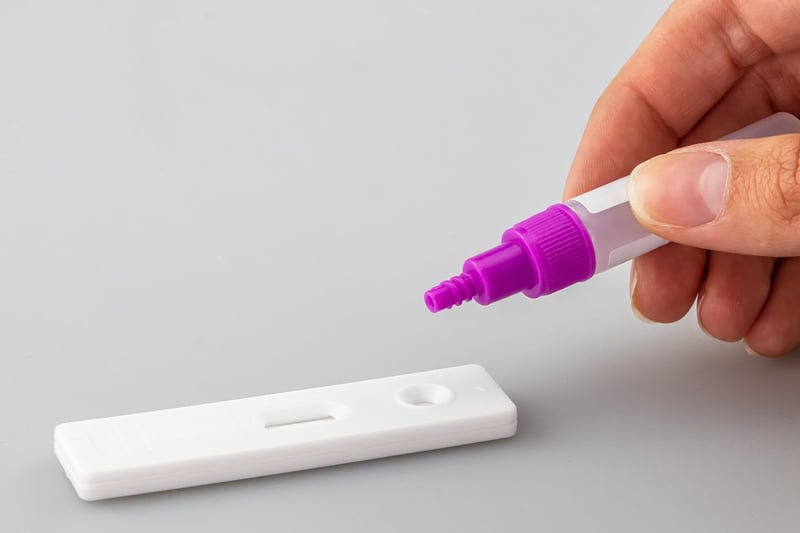Soil Testing
Understanding the Importance of Soil Testing
When it comes to gardening, agriculture, or landscaping, one of the most crucial aspects that often gets overlooked is the quality of the soil. Understanding the composition of the soil can help you make informed decisions about which plants to grow, what fertilizers to use, and how to improve overall soil health. Soil testing is a valuable tool that provides essential information about the soil on your property, allowing you to optimize plant growth and maximize productivity.
Why is Soil Testing Important?
Soil testing offers a range of benefits, including:
- Optimizing Nutrient Levels: Soil testing helps determine the pH levels and nutrient content of the soil, allowing you to adjust fertilization practices accordingly.
- Identifying Soil Composition: By understanding the soil's composition, you can choose plants that are best suited to the specific conditions of your property.
- Improving Plant Health: Healthy soil leads to healthy plants. Soil testing can identify issues such as nutrient deficiencies or toxicities that may be affecting plant growth.
- Environmental Protection: By avoiding overuse of fertilizers and other chemicals based on soil test results, you can help prevent environmental contamination.
How to Conduct a Soil Test
Soil testing can be done through various methods, including DIY test kits or professional laboratory analysis. Here's a simple guide to conducting a basic soil test:
- Collect Soil Samples: Use a soil probe or shovel to collect samples from different areas of your property.
- Prepare the Samples: Remove any debris or rocks from the soil samples and mix them thoroughly in a clean container.
- Conduct the Test: Follow the instructions provided with your chosen testing method to analyze the soil's pH, nutrient levels, and other relevant factors.
- Interpret the Results: Once you have the test results, consult with a local agricultural extension office or professional for guidance on interpreting the data.
Using Soil Testing Tools
There are various tools available to simplify the soil testing process, including:
- Soil Test Kits: DIY soil test kits are affordable and easy to use, providing basic information about pH levels and nutrient content.
- Soil pH Meters: These handheld devices measure the soil's pH levels quickly and accurately, helping you adjust acidity or alkalinity as needed.
- Soil Moisture Meters: Monitoring soil moisture levels is essential for plant health. These meters help prevent overwatering or underwatering.
Conclusion
Soil testing is a valuable tool for anyone involved in gardening, farming, or landscaping. By understanding the composition of your soil and making informed decisions based on test results, you can create a healthy environment for plants to thrive. Whether you're a novice gardener or an experienced farmer, investing in soil testing can lead to more successful outcomes and sustainable practices.

Remember, healthy soil is the foundation for healthy plants!
